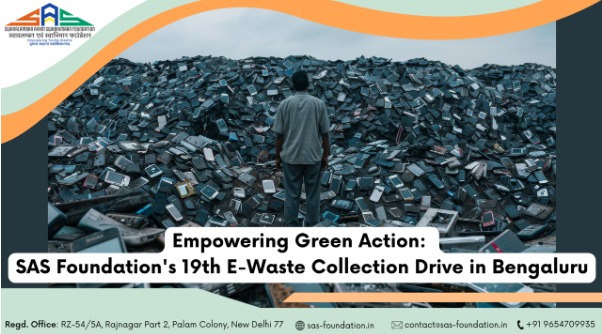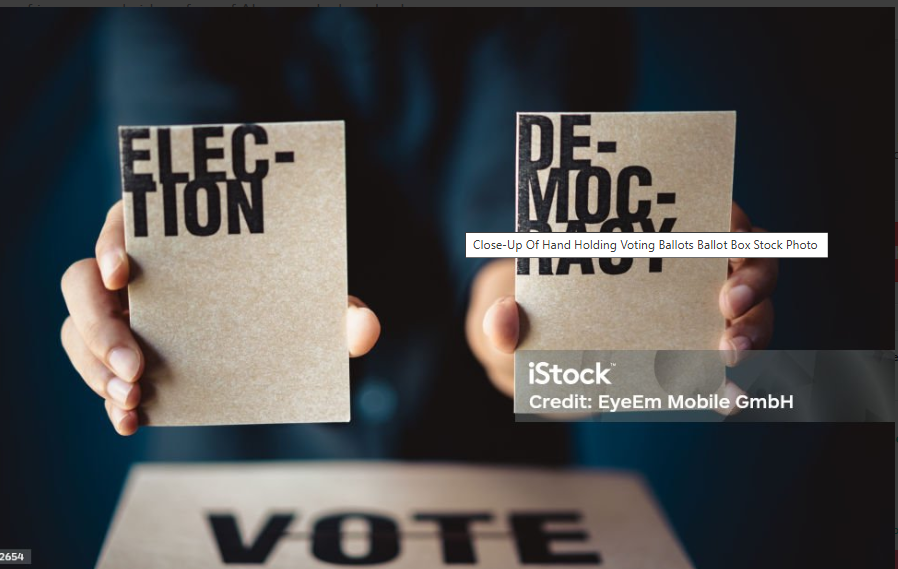Strengthening Women’s Safety and Rights: Highlights from the SAS Foundation Webinar
In an era of growing awareness and action toward gender equity, initiatives that aim to foster understanding, empowerment, and systemic change are crucial. On 6th September 2024, the Swavalamban Avam Swabhimaan Foundation (SAS Foundation), in collaboration with JVEdTechMedovation, successfully organized a compelling and thought-provoking webinar titled “Women’s Safety and Rights: Strengthening Laws and Raising Awareness.”
With over 100 participants (including 40 individuals and 70 group attendees), the webinar brought together a diverse audience committed to championing the cause of women’s safety and rights in India. Led by experts and activists from law, education, and civil society, the session aimed to address the multifaceted challenges women face and the collective steps we can take to address them.
Setting the Context: Why This Conversation Matters
Women across the world, and particularly in India, continue to face threats to their safety in both private and public spheres. From domestic violence and workplace harassment to online trolling and lack of access to legal support, the landscape of women’s safety is complex and continually evolving.
The SAS Foundation, committed to empowering youth and building informed, equitable communities, recognized the urgent need for open dialogue on this topic. This webinar served as a key milestone in the Foundation’s continued efforts toward gender justice and community education.
Key Learnings and Takeaways from the Webinar
The session was expertly introduced by Dr. Jyoti Dongre Rao of JVEdTechMedovation, setting a respectful and powerful tone for the session. Through a structured and engaging format, the webinar covered a variety of issues central to understanding and improving women’s safety and legal empowerment.
1. Comprehensive Understanding of Safety Issues
The session kicked off with a detailed overview of the different types of violence and harassment women experience. These included:
- Domestic abuse
- Sexual harassment at the workplace
- Cyberbullying and online trolling
- Public space harassment (e.g., eve-teasing, stalking)
- Discrimination and gender-based barriers in education and employment
Participants were reminded that safety isn’t just the absence of violence—it also involves freedom of movement, access to opportunities, and the assurance of support systems. Speakers emphasized the importance of recognizing invisible forms of oppression, such as emotional and economic abuse, which are often under-reported and misunderstood.
2. Community and Collaboration: The Power of Collective Action
A major theme throughout the webinar was the role of community networks and multi-sector collaboration in advancing women’s safety. Gaurav Agarwal, CSM from SAS Foundation, spoke about the importance of fostering:
- Community watch groups
- Youth-led awareness drives
- Safe public spaces through urban planning
- Workshops in schools and colleges on consent, respect, and safety
The panel agreed that individual action is necessary, but sustainable change demands systemic collaboration between NGOs, local governments, educators, parents, students, and law enforcement. Only when all stakeholders work in unison can we ensure long-lasting improvements in societal attitudes and behavior.
3. Legal Reform and Policy Advocacy
One of the most insightful segments of the session came from Dr. Jyoti Dongre Rao and Anoushka Goyal, who delved into the legal rights every woman in India should be aware of, including:
- Protection under Section 354 (Assault on women) and Section 376 (Rape) of the Indian Penal Code (IPC)
- The Sexual Harassment of Women at Workplace (Prevention, Prohibition and Redressal) Act, 2013
- Rights under the Domestic Violence Act, 2005
- Provisions for child marriage prohibition, dowry prohibition, and maternity benefits
They emphasized the importance of not just laws but also access to justice, especially for marginalized and rural women. Many laws exist on paper but are poorly implemented due to lack of awareness, legal aid, or fear of social stigma. As such, legal literacy and public education are vital components of any safety campaign.
An important point raised was the need for legal reform to address new-age crimes, especially those occurring in digital spaces. With the rise of cyber harassment, doxxing, deepfake abuse, and stalking via technology, existing legal systems must evolve to protect women in virtual as well as real environments.
The Role of Education and Youth Engagement
In line with SAS Foundation’s core mission to empower the youth, the session highlighted education as a preventive and transformative tool. Empowering young boys and girls with knowledge about gender sensitivity, boundaries, respect, and legal rights was considered essential to build safer societies.
SAS Foundation team members including Dr. Nitin Saini, Jyotsana Sinha, and Gaurav Agarwal also discussed the need to conduct regular:
- Gender awareness workshops in schools and colleges
- Capacity building sessions for teachers and guardians
- Peer-led outreach programs in communities
Participants also shared examples of local initiatives where students had started clubs, hosted street plays, and created safe spaces in schools to support survivors of violence.
Technology, Innovation, and Safety
The webinar also discussed how technology can be a double-edged sword—while it can be a tool of oppression, it can also empower women if used ethically and innovatively. Tools such as:
- Mobile safety apps
- Online complaint portals
- GPS-based tracking for emergency responses
- AI-driven alert systems for digital harassment
can help bridge the gap in access to help and justice. However, as pointed out during the discussion, these tools must be inclusive, user-friendly, and widely promoted to truly be effective.
Commitment to Ongoing Change
The webinar concluded with a heartfelt vote of thanks by Gaurav Agarwal, who reiterated SAS Foundation’s commitment to making gender equality a reality through continuous engagement, education, and empowerment.
Participants were encouraged to:
- Report crimes and support survivors
- Volunteer with NGOs and advocacy networks
- Educate peers and children on respectful behavior
- Use their voice to drive policy change and challenge patriarchal norms
Final Thoughts: A Call to Action
The session made it clear: women’s safety and rights are everyone’s responsibility. From laws and education to innovation and activism, every effort counts in shaping a society where women are free, fearless, and respected.
As the SAS Foundation continues to organize impactful events, workshops, and drives across India, this webinar stands out as a reminder that awareness is the first step toward change. By raising voices, supporting reform, and engaging youth, we can build a future where safety and dignity are guaranteed for every woman.
Stay connected, stay aware, and be part of the movement for women’s rights.
🔗 Subscribe to our newsletter to receive updates on future webinars and community events: https://lnkd.in/d7Qzwvtw










